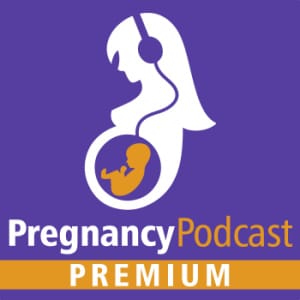Overview
Heartburn is a common symptom during pregnancy, affecting up to 80% of expecting mothers. While it can be uncomfortable, the good news is that it resolves after you have your baby. In the meantime, there are many safe and effective ways to manage heartburn during pregnancy. Discover why heartburn is more prevalent during this time and the foods and behaviors that can trigger it. Learn about evidence-based interventions for relief, ranging from dietary and lifestyle adjustments to over-the-counter and prescription medications. Explore the evidence on the safety of heartburn medicines during pregnancy, including antacids, histamine 2 (H2) blockers, and proton pump inhibitors (PPIs). Plus, hear about the fascinating evidence that may link heartburn to how much hair your baby has.

